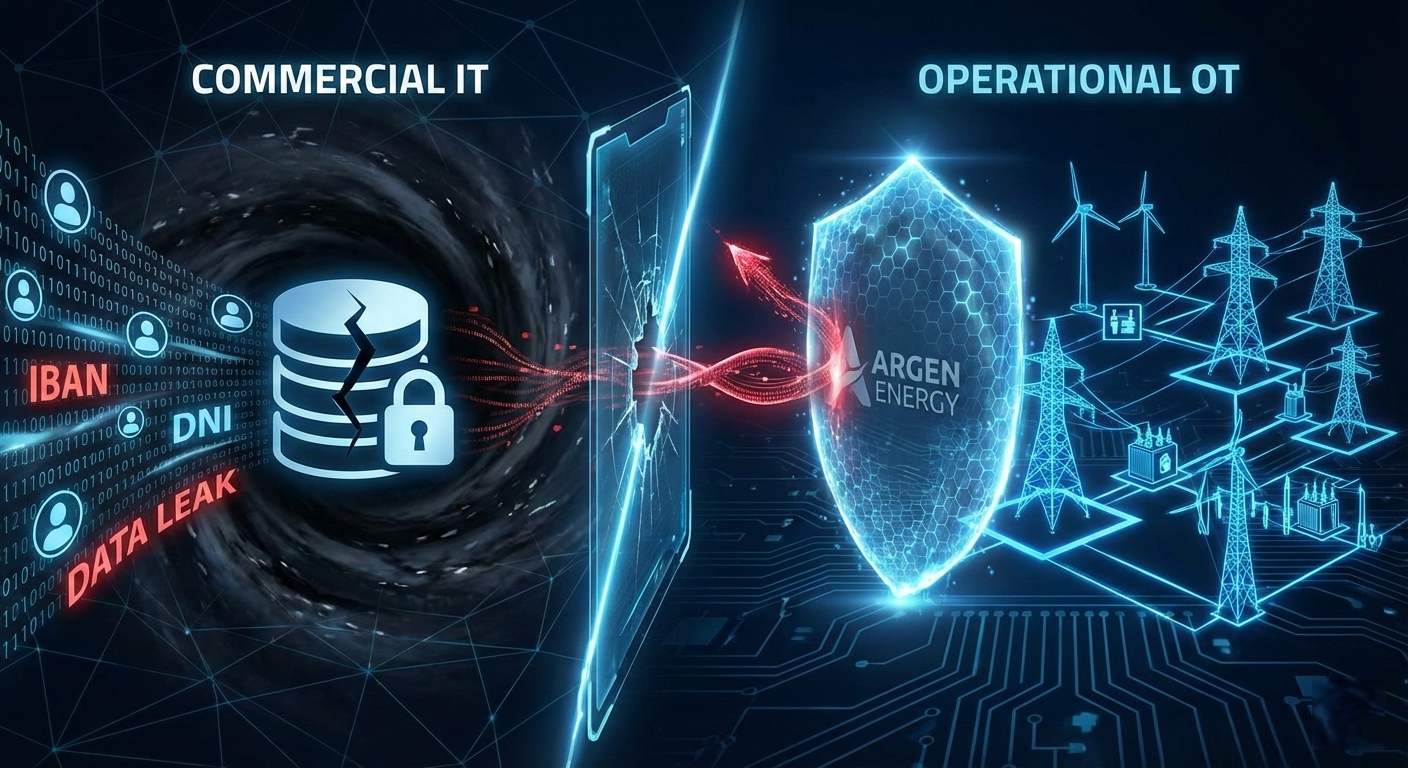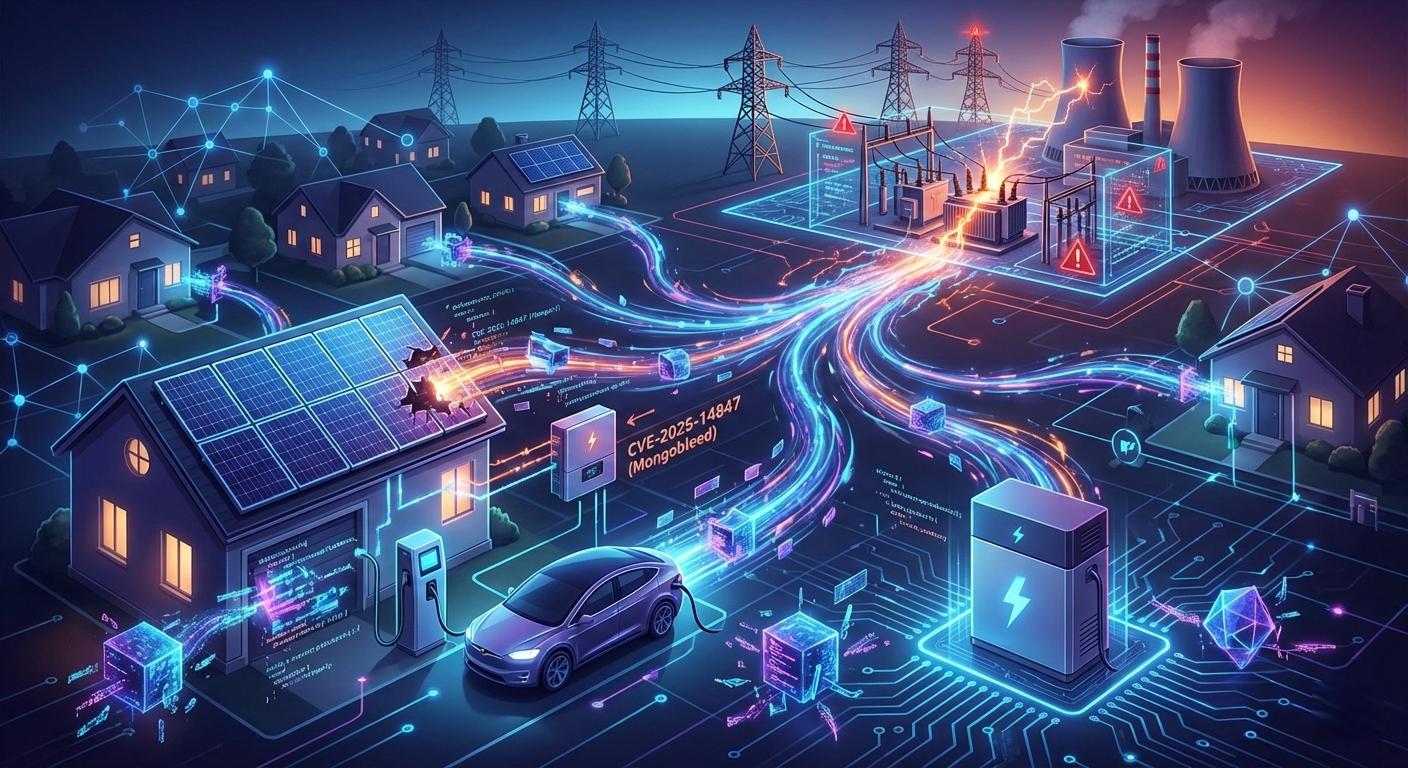New AI-Powered Cyber Attack Method Poses a Stealthy Threat to Global Smart Grids
Security
At Argen Energy, we are always watching the latest threats to smart grids and critical energy systems. A recent study, now being discussed in cybersecurity circles globally, has revealed a new, very advanced way for cyber attackers to target smart grids.
This research describes a sophisticated type of False Data Injection Attack (FDIA). Unlike simpler attacks, this method specifically aims at the data-driven algorithms that manage smart grid operations. What makes this new approach particularly concerning is how it works:
- Leveraging Generative AI (GANs): The attackers use Generative Adversarial Networks (GANs). Think of a GAN as two competing AI models: one ('the generator') creates fake data, and the other ('the discriminator') tries to tell if the data is real or fake. This process helps the generator become extremely good at creating highly realistic, synthetic attack vectors – data that looks completely legitimate to grid systems.
- Targeting Measurement Modules: Instead of trying to break into core network defenses, this FDIA directly injects false data at the measurement modules of distributed power supplies (like those connected to solar farms or battery storage). This allows the malicious data to blend in seamlessly with genuine sensor readings.
- Tricking Prediction Models: The carefully crafted false data then feeds into the grid's AI prediction models – the ones that forecast stability, demand, or resource needs. The attack causes these models to make seriously wrong predictions. For example, simulations showed that a model's prediction accuracy for grid stability plummeted from nearly 99% down to just 56% after such an attack.
- "Black-Box" Efficiency: A key detail is that this method is a 'black-box' attack. This means attackers don't need deep, inside knowledge of the grid's specific layout or algorithms to execute it effectively, making it a more practical threat for various attackers.
This isn't just theory. Such an attack could lead to incorrect operational decisions, cause instability in the power system, or even trigger grid disruptions by making the system 'think' it's stable when it's not.
Why This is a Global Priority for Energy Operators:
This research is a crucial warning for energy operators worldwide:
- The Invisible Threat: Attacks that subtly manipulate data are extremely difficult to detect with traditional monitoring, as they mimic legitimate operational signals.
- AI Versus AI: As grids become smarter with AI, so do the attack methods. This calls for advanced, AI-driven cybersecurity defenses that can counter these sophisticated, AI-generated threats.
- Proactive Data Integrity: Ensuring the integrity and trustworthiness of all data flowing through the smart grid's operational technology (OT) is now more critical than ever.
Argen Energy: Advanced Defenses for the Intelligent Grid:
This study reinforces Argen Energy's mission. Our AI-driven cybersecurity and engineering solutions are designed to address precisely these kinds of advanced, stealthy attacks:
- Intelligent Anomaly Detection: We deploy advanced AI and machine learning to identify the subtle patterns and data anomalies that indicate sophisticated FDIAs, even those designed to evade current defenses.
- Building Proactive Resilience: We help energy operators create robust, adaptive cybersecurity frameworks that anticipate and defend against emerging threats, turning vulnerability into strength across their critical infrastructure.
The future of smart grid security depends on understanding and defending against these new, intelligent attack methods. Let Argen Energy help you stay ahead.



